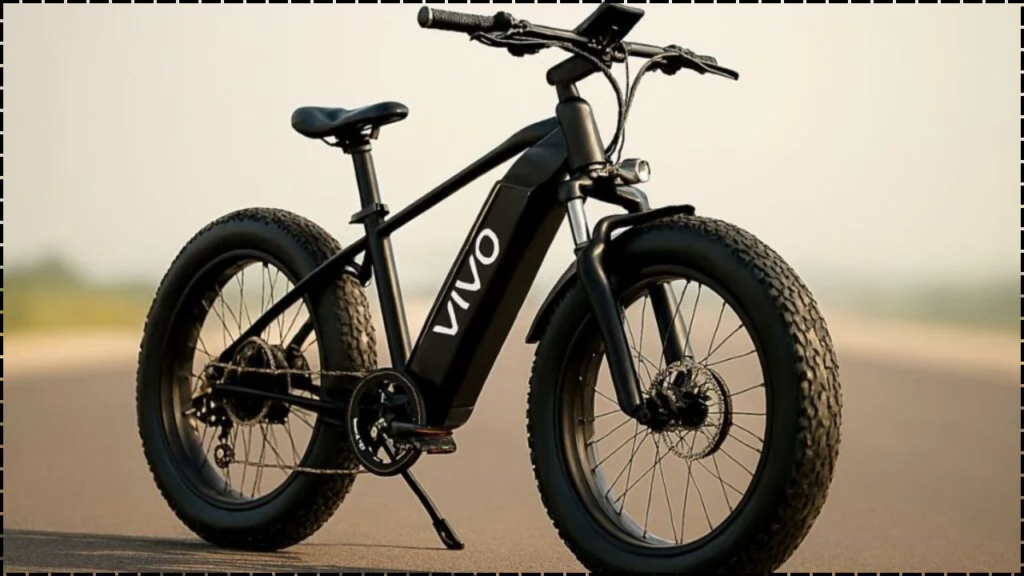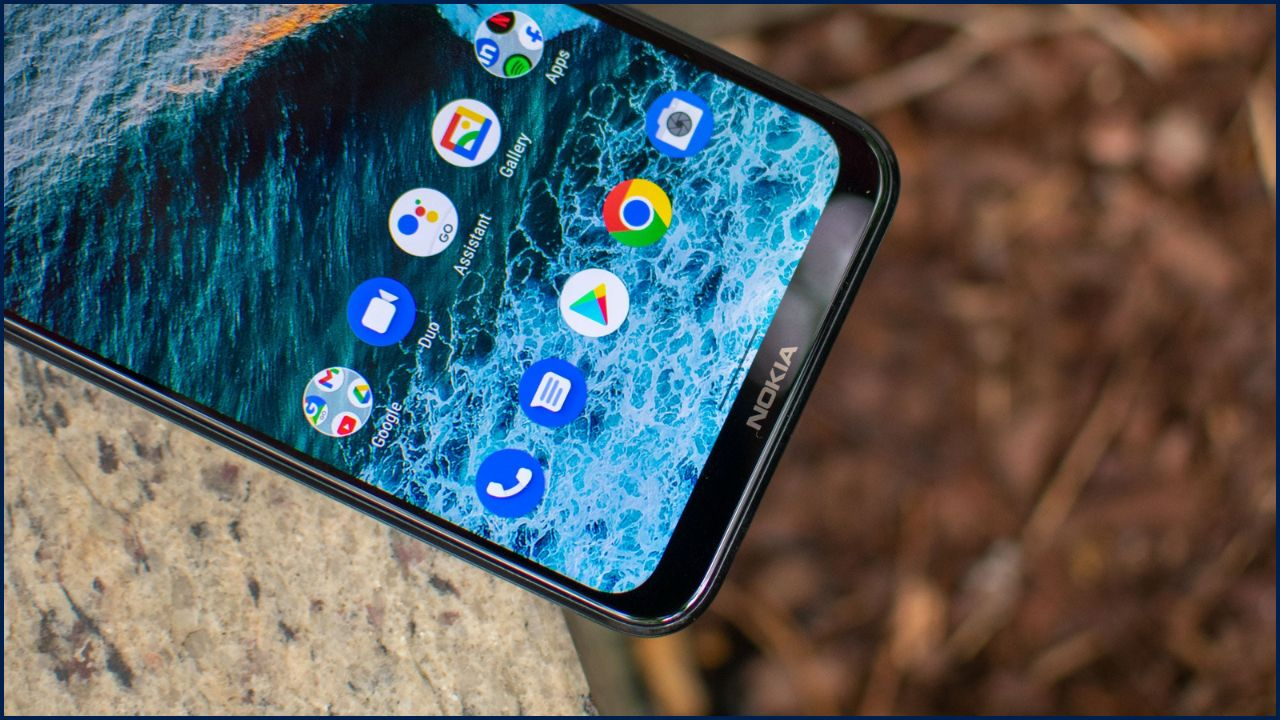
A viral advertisement claiming that the Vivo Electric Cycle is available for ₹1,100 has triggered widespread concern among consumer protection agencies, cybersecurity experts, and industry bodies in India. The offer, which falsely promises a 150-kilometre range on a single charge, is not backed by any legitimate company and is being linked to a broader online scam network.
A Claim Too Good to Be True
The advertisement first appeared on Facebook and WhatsApp groups in early October 2025. It claims that buyers can purchase a fully functional electric bicycle branded as the Vivo Electric Cycle for just ₹1,100 and receive doorstep delivery within a week. The posts include links to unauthorised websites that mimic real e-commerce platforms.
Cybersecurity researcher Dr. Aarav Menon of the Indian Institute of Technology (IIT) Delhi said the offer has “all the hallmarks of a classic phishing scam.” He added, “The pricing is too low to cover even the battery and motor costs, and the websites involved lack security certificates.”
The Ministry of Consumer Affairs confirmed it has not received any formal launch announcement from Vivo India. Vivo India, best known for its smartphones, has denied any connection to the product.
Why the Vivo Electric Cycle Offer Doesn’t Add Up
Unbelievable Pricing vs Real Costs
Authentic electric bicycles in India typically cost between ₹25,000 and ₹70,000. Even entry-level models require a minimum investment to cover the frame, lithium-ion battery, motor, and other components.
“The cost of the battery alone exceeds ₹10,000 for most e-bikes,” said Anita Rajan, an energy systems engineer at the Council on Energy, Environment and Water (CEEW). “A genuine 150 km range would require high-capacity batteries, which are far more expensive.”
Inflated Technical Claims
The viral message claims a 150 km range on a single charge, which is far beyond the standard range of budget e-bikes. Most legitimate models in India offer between 40 and 90 km, depending on terrain and battery size.
The Broader Context: India’s E-Mobility Push
India has been actively promoting electric mobility to reduce urban pollution and oil dependence. According to NITI Aayog, the country aims to achieve 30% electric vehicle penetration by 2030. Electric bicycles, or e-bikes, are expected to play a significant role, particularly for last-mile connectivity in cities and towns.
Schemes like FAME II (Faster Adoption and Manufacturing of Hybrid and Electric Vehicles) offer incentives for electric mobility adoption. However, experts warn that scams exploiting this narrative can damage public confidence in green technologies.
“People associate government-backed mobility initiatives with affordability. Scammers take advantage of that perception,” said Rohit Bhattacharya, a transport policy analyst at the International Council on Clean Transportation (ICCT).
How Fraudsters Exploit Consumer Psychology
Cybercrime specialists explain that scams like the Vivo Electric Cycle offer rely on urgency, scarcity, and trust.
“These campaigns typically feature countdown timers, phrases like ‘Limited Stock’, and fake testimonials,” said Dr. Menon. “When people believe they might miss out, they make hasty decisions without checking the source.”
CERT-In (Indian Computer Emergency Response Team) has documented several similar incidents, often targeting semi-urban and rural populations.
Real-Life Victim: A Case Study
Suresh Kumar, a small shop owner from Uttar Pradesh, shared his experience after he lost ₹1,100 to the scam. “The site looked real. It had logos, a customer service number, and a tracking option,” he said. “Once I paid, the number stopped working.”
His complaint was filed with the National Cyber Crime Reporting Portal, and the website was later taken down. However, like many such cases, the money was never recovered.
Official Warnings and Legal Measures
The Indian Cyber Crime Coordination Centre (I4C) issued a public advisory on 10 October 2025, urging citizens to verify websites before making payments. Vivo India also issued a statement on X (formerly Twitter):
“We have not launched or endorsed any Vivo-branded electric cycle. The circulating messages and links are fraudulent. Consumers are advised to stay alert.”
Under the Information Technology Act, 2000, and Indian Penal Code (IPC), fraudulent online sales can be prosecuted with penalties including imprisonment and fines. Enforcement agencies are working to trace the IP addresses behind the scam.
How Genuine Products Differ from Fake Offers
| Feature | Genuine Electric Bicycle | Vivo Electric Cycle Scam Claim |
|---|---|---|
| Price | ₹25,000 – ₹70,000 | ₹1,100 |
| Range | 40–90 km | 150 km |
| Seller Verification | Registered dealers | Unverified websites |
| Payment Security | Secured gateways, COD options | Advance payment only |
| Warranty | 6 months to 2 years | None |
| Brand Authenticity | Verifiable | Fake branding |
Regulatory Gaps and Industry Challenges
While India’s e-commerce sector has grown rapidly, regulatory oversight remains uneven. Smaller, fraudulent websites often escape detection because they operate briefly before disappearing.
Industry body Society of Manufacturers of Electric Vehicles (SMEV) has called for stricter vetting of advertisements and a mandatory verification system for product launches. “We need stronger digital consumer protection to maintain trust,” said Amit Bhargava, spokesperson for SMEV.
Consumer Protection: What to Do
- Verify authenticity: Check company press releases or official websites.
- Inspect URLs: Genuine sellers use secure “https” connections.
- Avoid upfront payments: Use trusted platforms with escrow or COD.
- Report scams: File complaints at https://cybercrime.gov.in.
- Educate others: Inform friends and family, especially in rural areas.
Future Outlook: Building Trust in the E-Mobility Ecosystem
As India pushes toward electrification, ensuring consumer trust will be critical. Experts suggest implementing digital product registries, AI-based scam detection, and mandatory QR-based product verification.
E-commerce platforms are also under pressure to improve their monitoring mechanisms. Several are testing real-time scam detection systems that can flag suspicious listings within minutes.
“This is not just about stopping one scam,” said Bhattacharya of ICCT. “It’s about building a trustworthy digital ecosystem for India’s green transport transition.”
Conclusion
The Vivo Electric Cycle offer of ₹1,100 for a 150 km range has no basis in reality. Investigations and expert analyses indicate that the campaign is part of a wider online scam network targeting consumers with unrealistic promises. Authorities urge citizens to verify sources, report suspicious links, and rely only on trusted dealers.
As India embraces clean mobility, ensuring consumer trust and digital security will be as important as technological innovation itself.

















